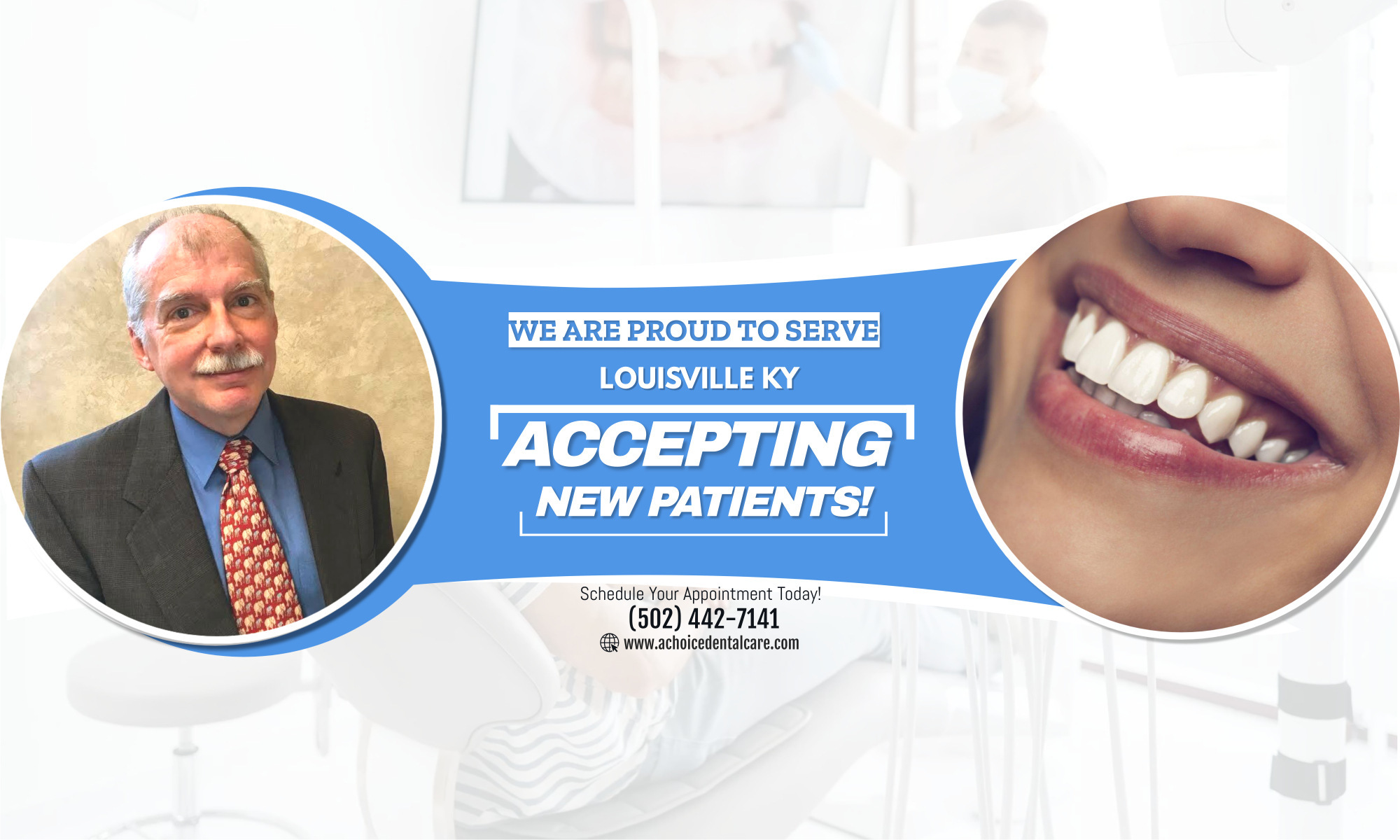Your saliva plays an important role in your oral health and reduced saliva flow can lead to health problems.
Reduced saliva flow can lead to a dry mouth and this is a common problem among older adults.
It can be caused by various medical disorders and is often a side effect of medications such as antihistamines, decongestants, pain killers and diuretics.
Dry mouth can be associated with various problems such as a constant sore throat, burning sensation, problems speaking, difficulty swallowing, hoarseness or dry nasal passages.
Drying irritates the soft tissues in the mouth, which can make them inflamed and more susceptible to infection. Without the cleansing effects of saliva, tooth decay and other oral health problems become more common.
So, if dry mouth is not treated, it can damage your teeth.
Without adequate saliva to lubricate your mouth, wash away food, and neutralize the acids produced by plaque, extensive decay can occur.
Your dentist can recommend various methods to restore moisture. Sugar-free candy or gum stimulates saliva flow, and moisture can be replaced by using artificial saliva and oral rinses.
